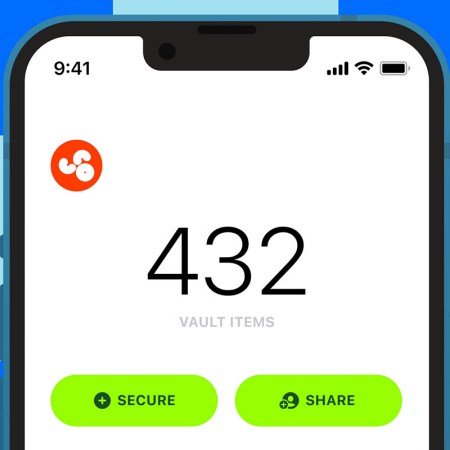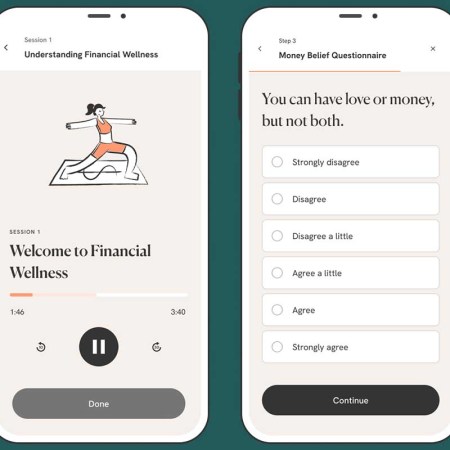The safest way to shop online?
Assume that, at some unlucky point, all your personal financial info is going to be hijacked. (read: this month’s packet of data breaches).
The best safeguard should it happen: newcomers Privacy, a mobile and browser-based app that pretty much negates any online security snafu.
Free to use and ready for use right this second.
And that kind of security? Priceless.
Essentially, Privacy creates a virtual, disposable credit card number for every one of your online transactions. The transactions tie directly into your bank account, making each purchase more akin to a uniquely encrypted, one-time charge card purchase.
Merchants no longer have your permanent info on file. And your privacy and spending habits remain, well, private.
It’s great for all those one-time Internet purchases. And besides solving common fraud issues, you can hack the application in pretty interesting ways. Gone are forgotten charges like those 30-day “free trials.” The impossible-to-quit gym membership? Also a thing of the past.
Plus, Privacy doesn’t affect your credit rating. You can insert any billing info you wish, so merchants won’t have your home address. And you can use the app to auto-fill any payment forms and set charge limits, so, as they say, “Shady merchants can’t bill you without your consent or slipping in a hidden charge.”
And if the one-time number is part of a security breach? Now you know which merchant slipped … and you’ll know your financial info is safe — you won’t have to update all your cards on every site every time your card is used fraudulently.
Need recurring payments? You can create a reusable card that locks into a single merchant.
Set-up is a snap. Basically, sign up for free and install the extension on Chrome. From then on, a Privacy icon will appear with any checkout.
Now, Privacy is not an entirely new concept: PayPal used to have disposable card numbers, and the long-awaited start-up Final will eventually do the same thing (along with having a physical card). And a couple of domestic banks also offer the service.
“Some of them do offer virtual cards, but a lot of them are Flash/downloadable EXE apps,” says Boling Jiang, Privacy’s founder. “This isn’t a perfect analogy, but it’s similar to how MP3 players existed for years before the iPod. The magic (and challenge) really is in the execution and making this really pleasant and friendly to use for the end user.”
For now, Privacy wins by being instantly available, free and compatible with nearly every major domestic financial system, including Bank of America, Capital One 360, Charles Schwab, Chase, Citibank, Fidelity, Navy Federal Credit Union, PNC Bank, SunTrust, TD Bank, US Bank, USAA and Wells Fargo.
One thing the app doesn’t do, yet, is work for rewards programs. “It’s something we’re exploring,” Jiang says. “That said, reward programs tend to encourage overspending and are funded by fees or high interest rates on carried balances.”
For now, better to keep your money safe.
This article was featured in the InsideHook newsletter. Sign up now.





















